Javanese Cat Personality: Traits of a Unique Breed
Discover the charming Javanese cat personality: intelligent, affectionate, and sociable. Learn about this unique breed’s traits and why they make perfect companions.
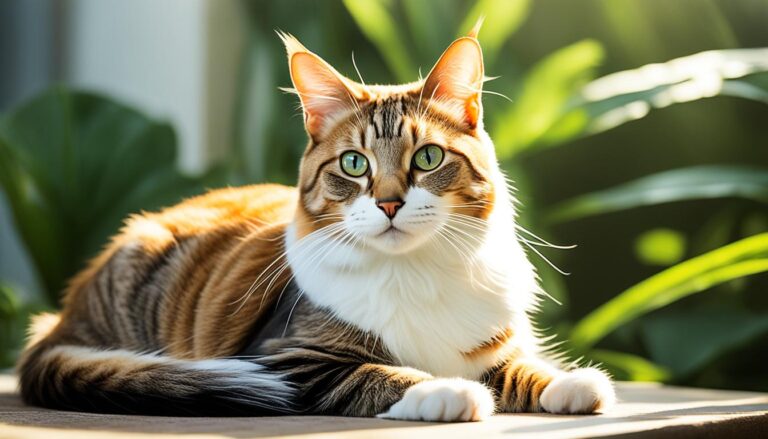
Discover the charming Javanese cat personality: intelligent, affectionate, and sociable. Learn about this unique breed’s traits and why they make perfect companions.
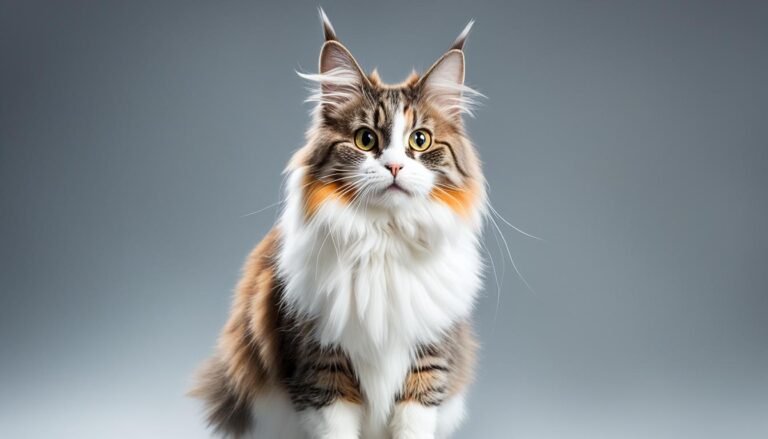
Discover the Cymric cat breed tailless bunny-like appearance. Learn about this unique feline’s origins, personality, and care needs. Find out if a Cymric is right for you.
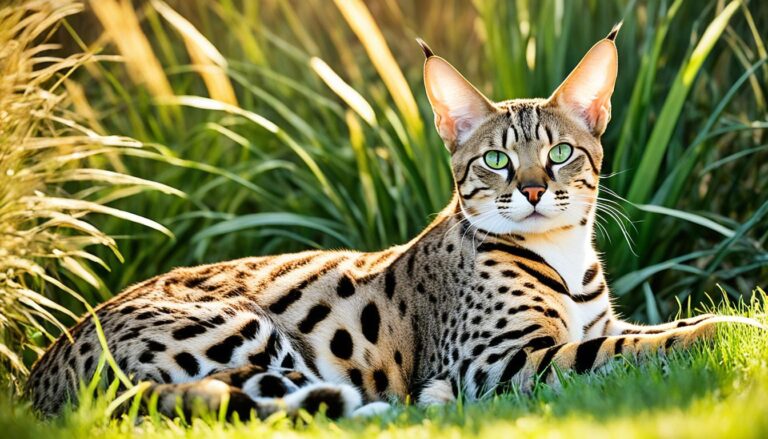
Discover the Savannah cat: the exotic miniature cheetah pet. Learn about this striking hybrid breed, its wild origins, and what it takes to own one of these unique felines.
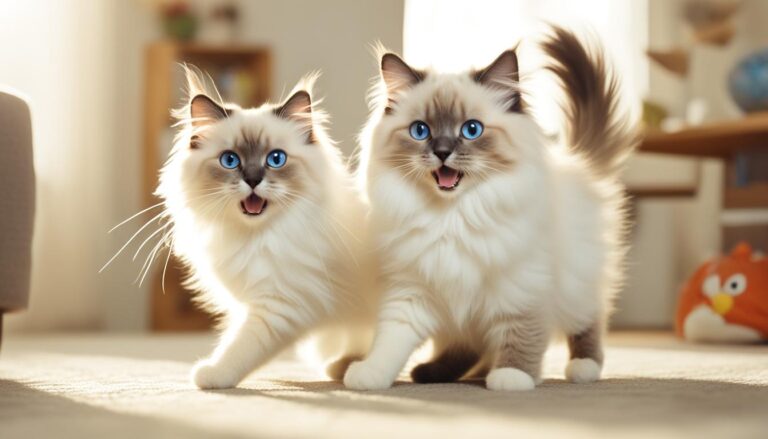
Discover the enchanting world of Ragdoll cats and their puppy-like personality. Learn why these affectionate felines are the perfect companions for cat lovers seeking a dog-like pet.
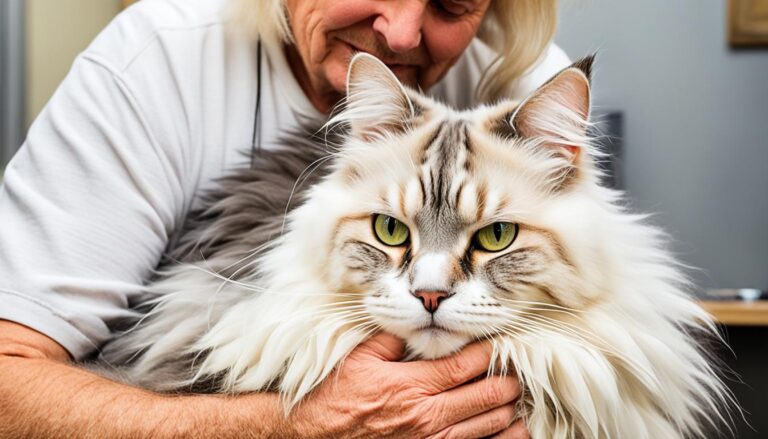
Discover the endearing Ragamuffin cat personality: affectionate, gentle, and adaptable. Learn why these calm felines make perfect companions for any home.

Discover the fascinating origin of the Birman cat breed, from sacred temples in Burma to French breeding programs. Uncover the legend behind these blue-eyed beauties.
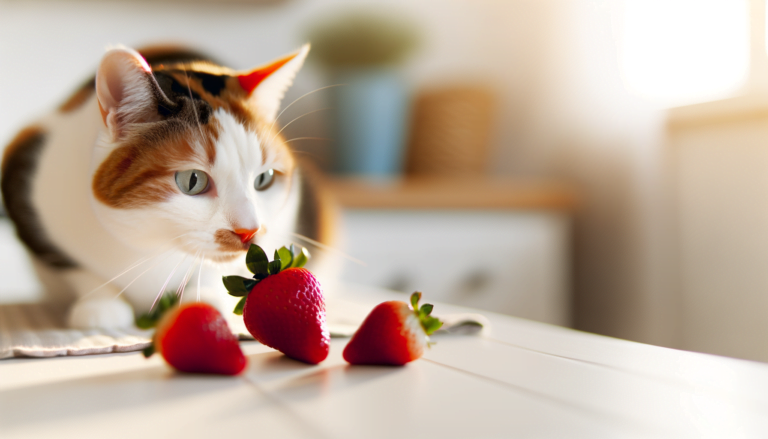
Yes, cats can indeed consume strawberries, although not as a staple in their diet. Strawberries, rich in vitamins and water, are non-toxic to cats and can offer a refreshing treat in small amounts. However, they should not replace a cat’s dietary requirements of proteins, as cats are primarily carnivorous creatures. Always ensure your feline friend’s nutritional needs are primarily met with appropriate cat food, and remember, introducing any new food, including strawberries, should be gradual to avoid upsetting their digestive system.
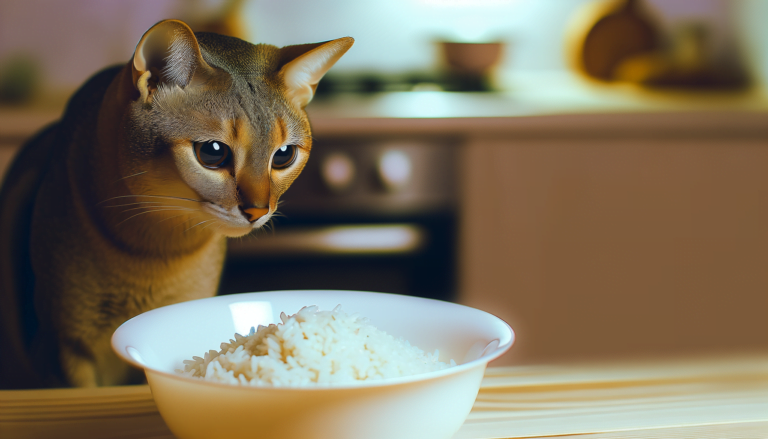
Yes, cats can eat rice, although it should not be a significant part of their diet. As obligate carnivores, felines require nutrients primarily from meat. However, plain cooked rice in small amounts can be a safe supplement to their diets, especially when combined with a protein like chicken. Since rice is a source of carbohydrates, it should not be used as a daily food intake, but it can sometimes aid in digestion or help when a cat experiences stomach issues. Be cautious about overfeeding, as excessive carbohydrates can lead to obesity and diabetes in cats.

While cats can consume bread without immediate harm, it’s not an optimal food choice due to their carnivorous nature. Cats require protein-rich diets, predominantly from meat, to fully meet their nutritional needs. Bread, being primarily composed of carbohydrates, lacks the essential nutrients cats require and hence, should not be a staple in their diet. Long term feeding of bread can potentially lead to nutritional imbalances, obesity, and associated health issues in cats. Therefore, occasional small pieces as a treat are acceptable, but bread should not replace their regular, well-balanced cat food.
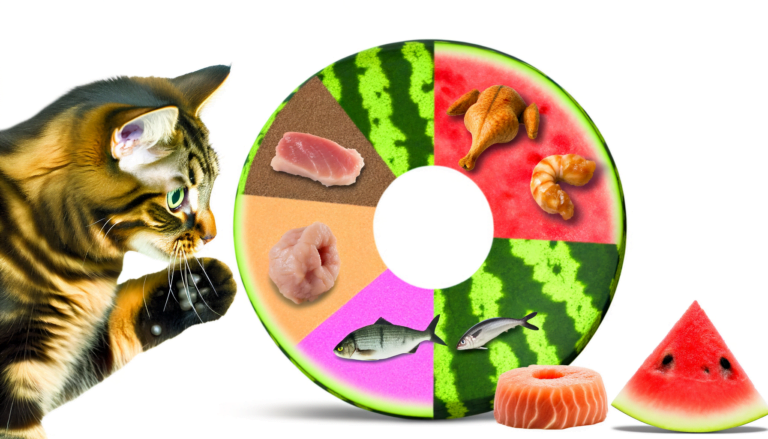
Yes, cats can indeed eat watermelon, but it’s essential to ensure it’s served correctly. While the juicy part of watermelon is safe and hydrating for felines, keep in mind that the seeds and rind can pose a choking hazard or cause intestinal blockage. Hence, it’s advised to remove seeds and rind before offering watermelon to your cat. Always introduce new foods gradually and monitor for any adverse reactions. Too much watermelon can also cause digestive upset, so it’s best to offer it sparingly as a rare treat.
End of content
End of content